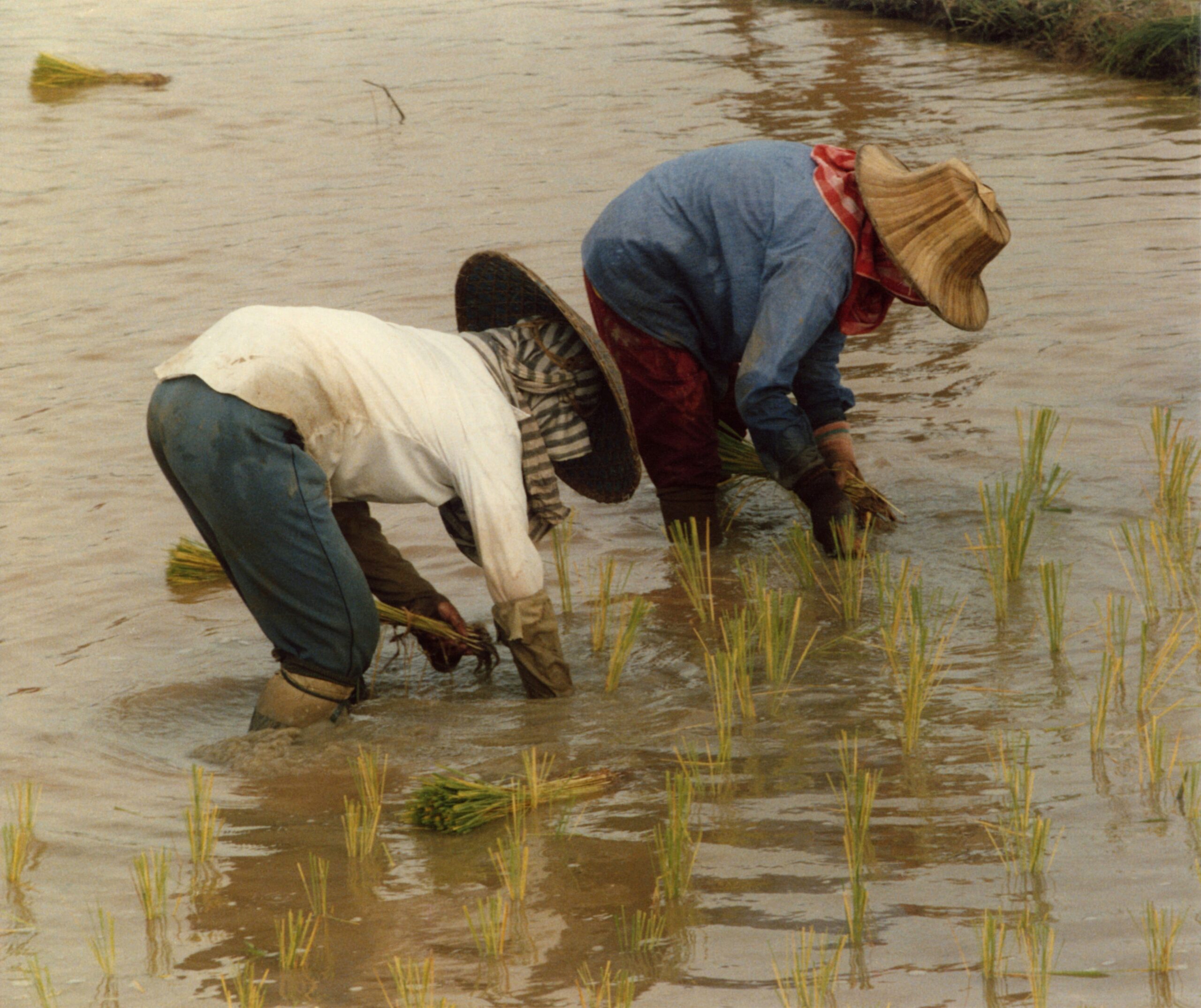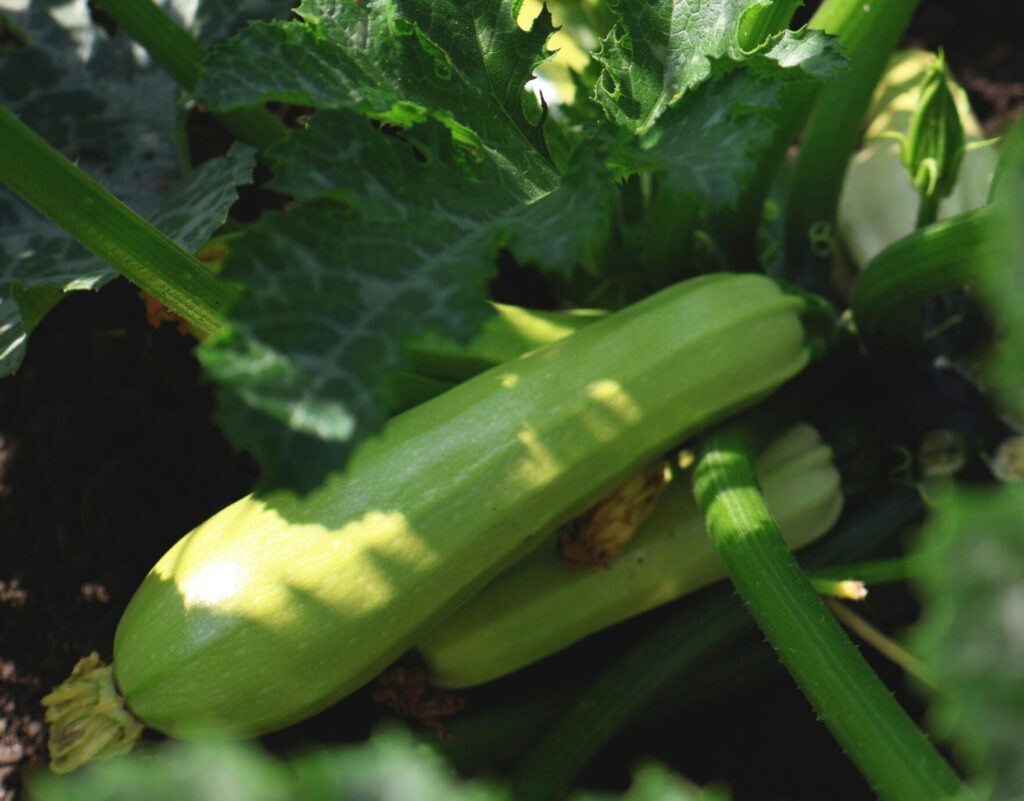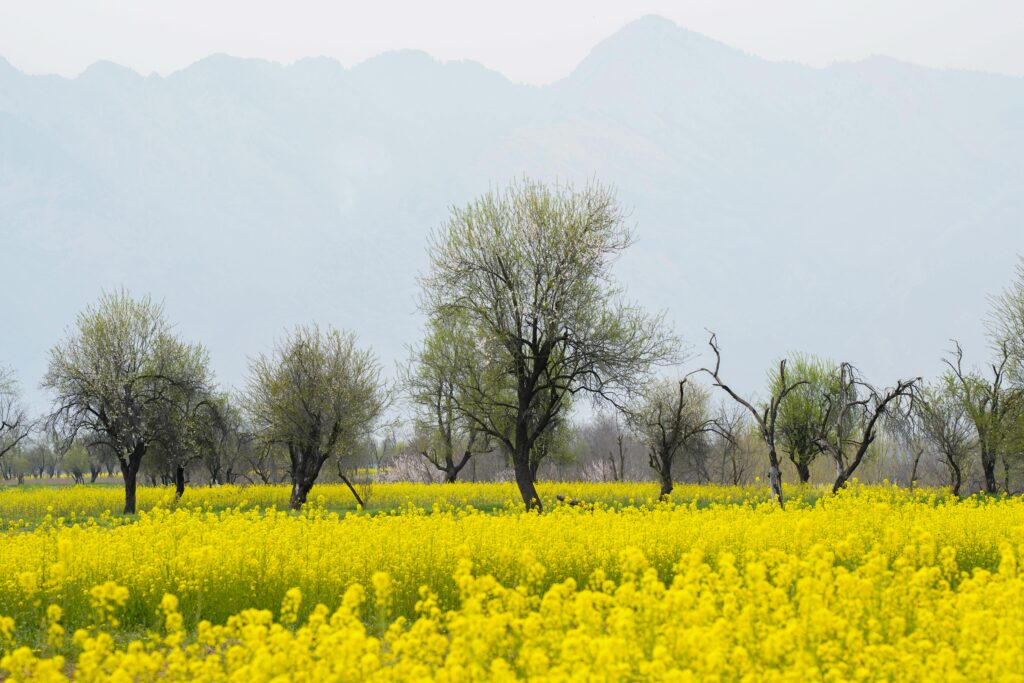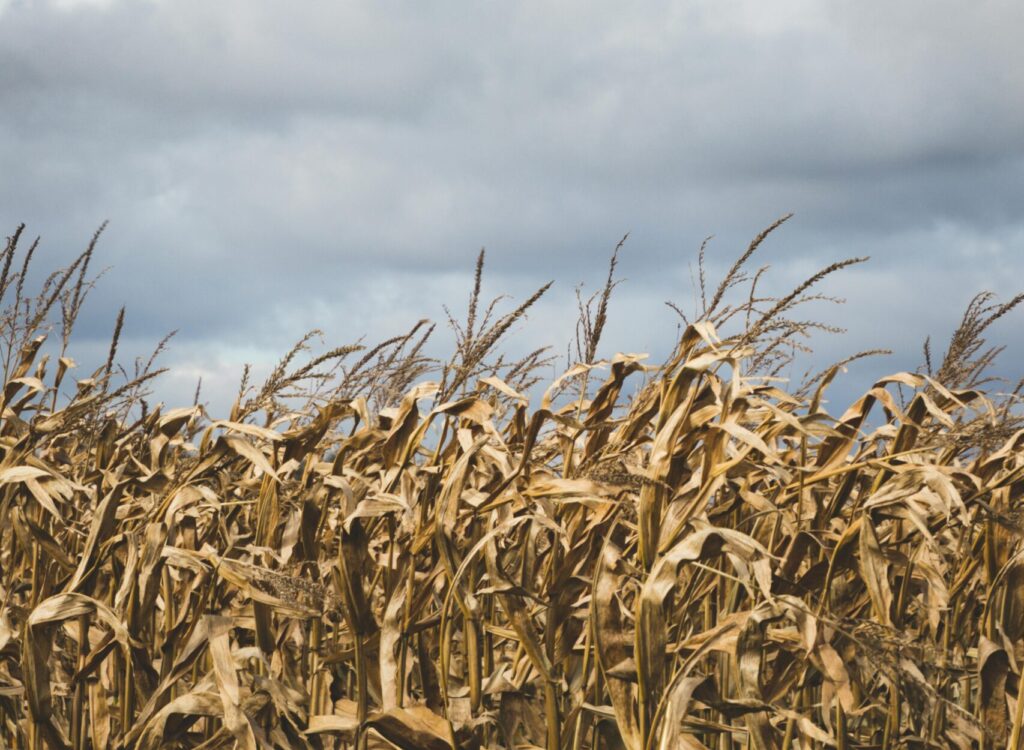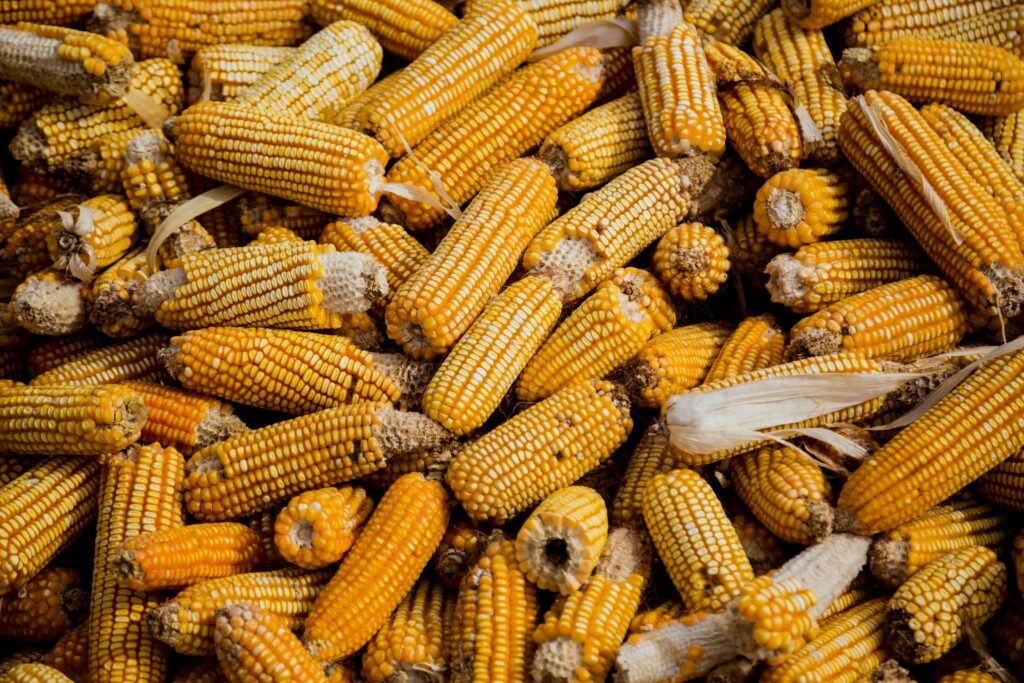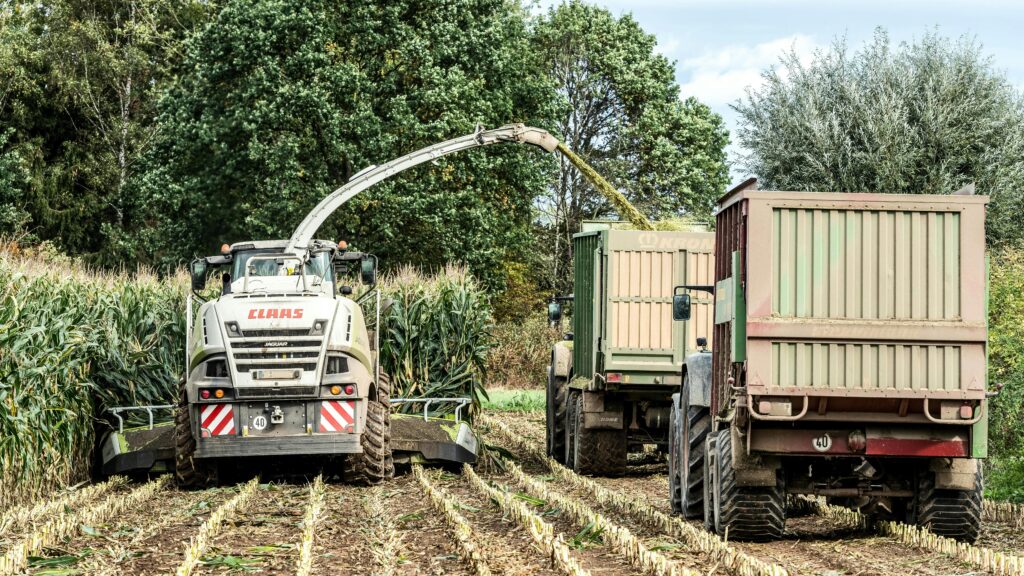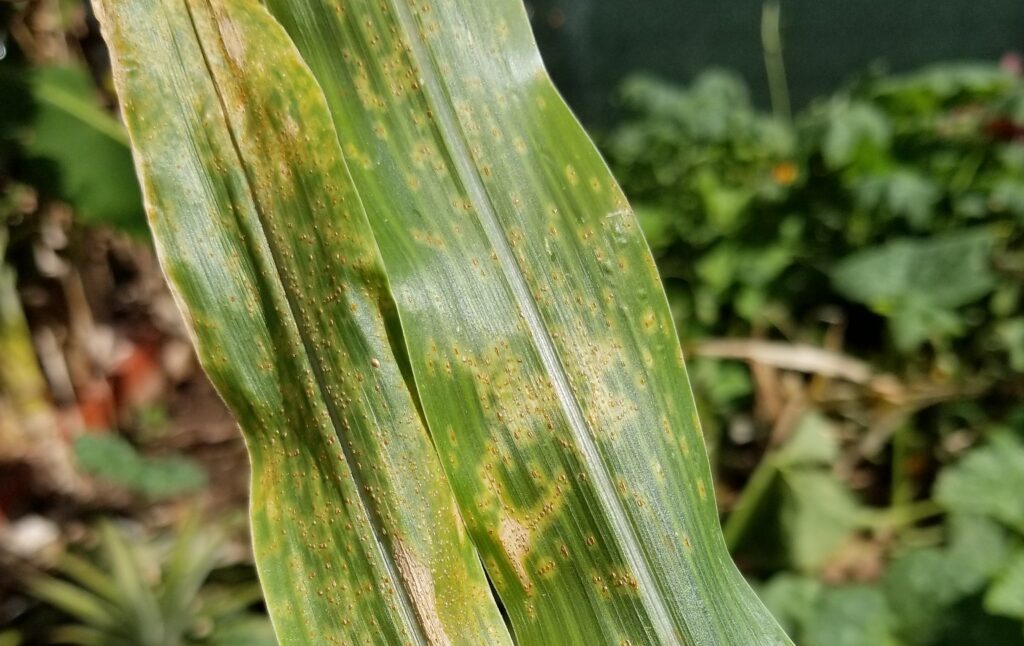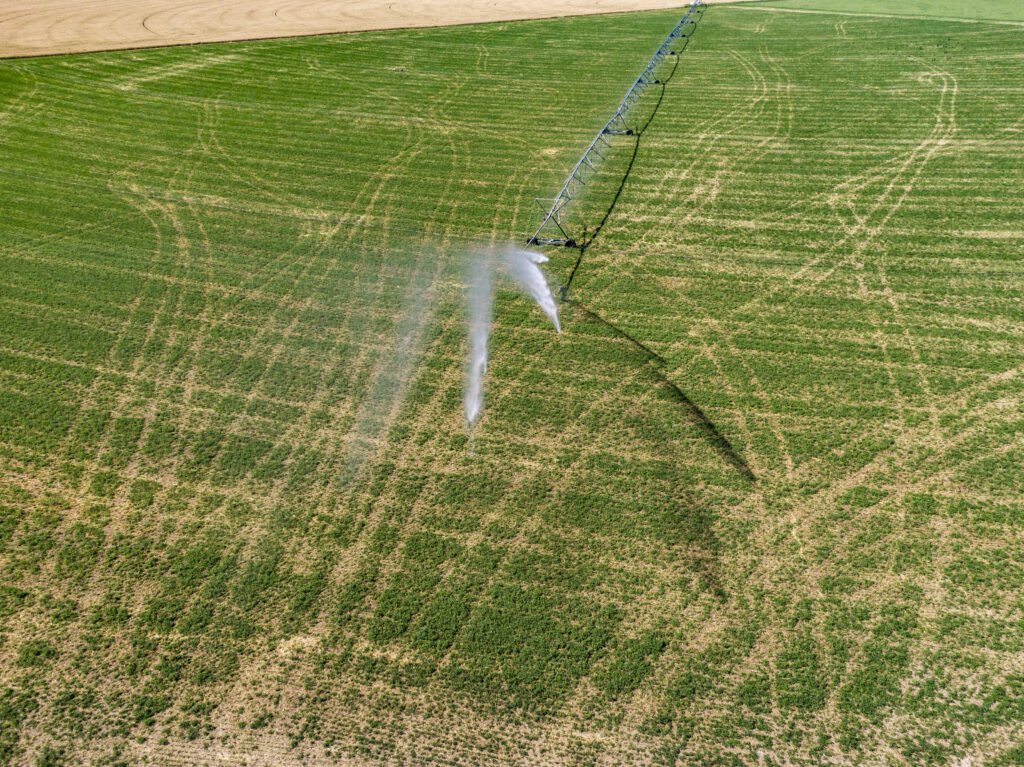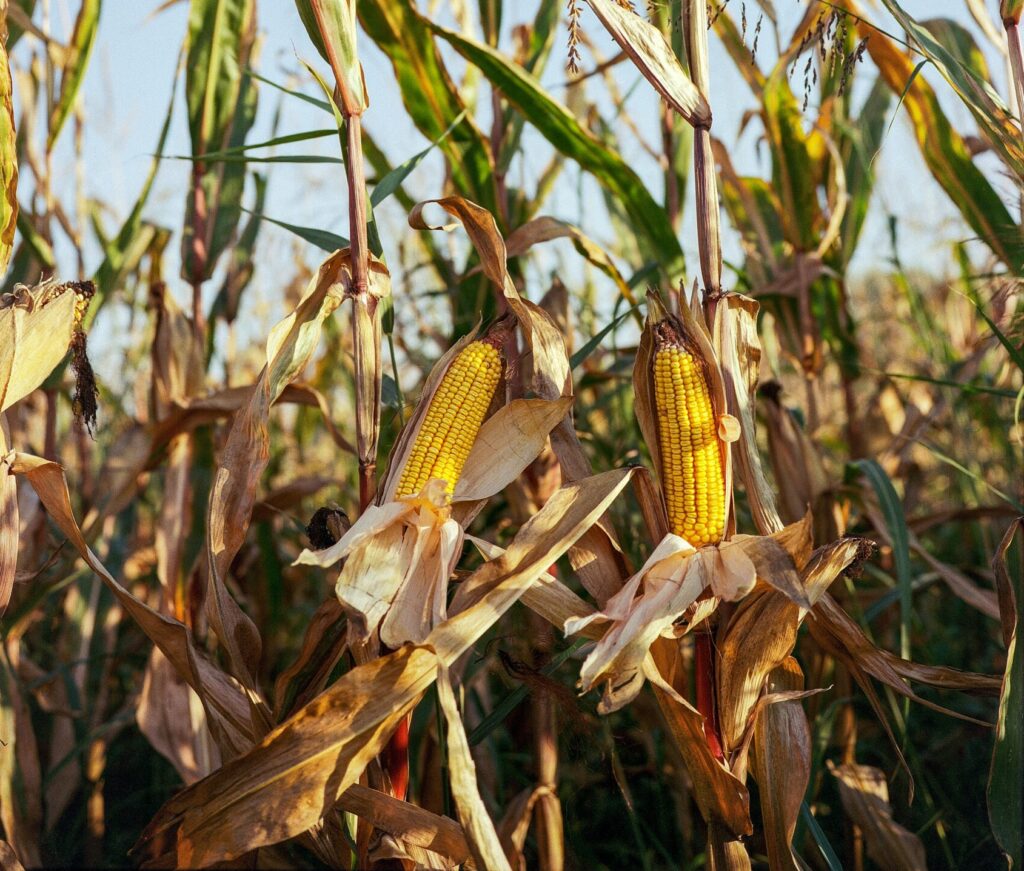Farming has been central to human survival and societal progress for thousands of years. Today, it continues to be a critical pillar of food security, economic development, and environmental sustainability. Here’s an in-depth look at why farming is crucial:
Food Security and Nutrition
Farming is fundamental to feeding the world’s growing population. It provides the grains, vegetables, fruits, and animal products that form the basis of diets worldwide. Food security—ensuring all people have consistent access to sufficient, safe, and nutritious food—is deeply tied to farming. With the world population expected to reach 10 billion by 2050, farming must continue to evolve to meet increasing food demands while ensuring nutrition quality.
Why It Matters:
- Access to food helps reduce malnutrition and improves public health.
- Farming produces diverse food sources, which are essential for a balanced diet and combating diet-related diseases.
Economic Contributions and Employment
Agriculture is a major contributor to the economy, especially in rural areas and developing countries. It provides livelihoods for millions of people, including farmers, distributors, retailers, and other associated industries. In many countries, agriculture is a significant part of the Gross Domestic Product (GDP) and helps reduce poverty.
Why It Matters:
- Farming generates employment opportunities in rural and urban areas, from small-scale farms to large agribusinesses.
- It allows communities to build local economies, often supporting entire regions through agricultural exports.
Environmental Impact and Conservation
Sustainable farming practices play a critical role in maintaining the health of our planet. Techniques such as crop rotation, organic farming, and agroforestry help maintain soil health, reduce the need for chemical inputs, and support biodiversity. Additionally, sustainable agriculture can sequester carbon and help combat climate change.
Why It Matters:
- By protecting the soil and reducing reliance on synthetic inputs, sustainable farming can slow environmental degradation.
- Farming techniques like organic farming and permaculture reduce greenhouse gas emissions, conserving the earth’s resources for future generations.
Community Development and Cultural Heritage
Farming is not just an industry—it’s a way of life that connects people to their land and communities. In many cultures, agricultural traditions and techniques are passed down, creating a sense of identity and belonging. Local food production also means communities can have fresher and more affordable access to food.
Why It Matters:
- Farming helps preserve cultural practices, traditional knowledge, and indigenous methods that promote environmental resilience.
- Community farms, cooperatives, and farmer’s markets strengthen social bonds and foster community resilience.
Technological Innovation and Future Sustainability
The agricultural sector is embracing technology to improve efficiency, increase yields, and reduce waste. Innovations like precision farming, genetic engineering, and climate-smart agriculture allow farmers to produce more with fewer resources. These technologies not only increase food production but also reduce farming’s ecological footprint.
Why It Matters:
- Technology enables sustainable farming practices, such as using drones for precise pesticide application and sensors for water management, minimizing resource use.
- Improved seed varieties and pest control methods allow farming to adapt to changing climates, securing food supplies despite environmental shifts.
Farming is about much more than food production—it’s about nurturing societies, boosting economies, protecting the environment, and connecting people to their heritage. Supporting sustainable farming practices will be essential as we face the dual challenges of feeding a growing population and preserving our planet. Through innovation and responsible stewardship, farming will continue to be an essential part of a sustainable future.






